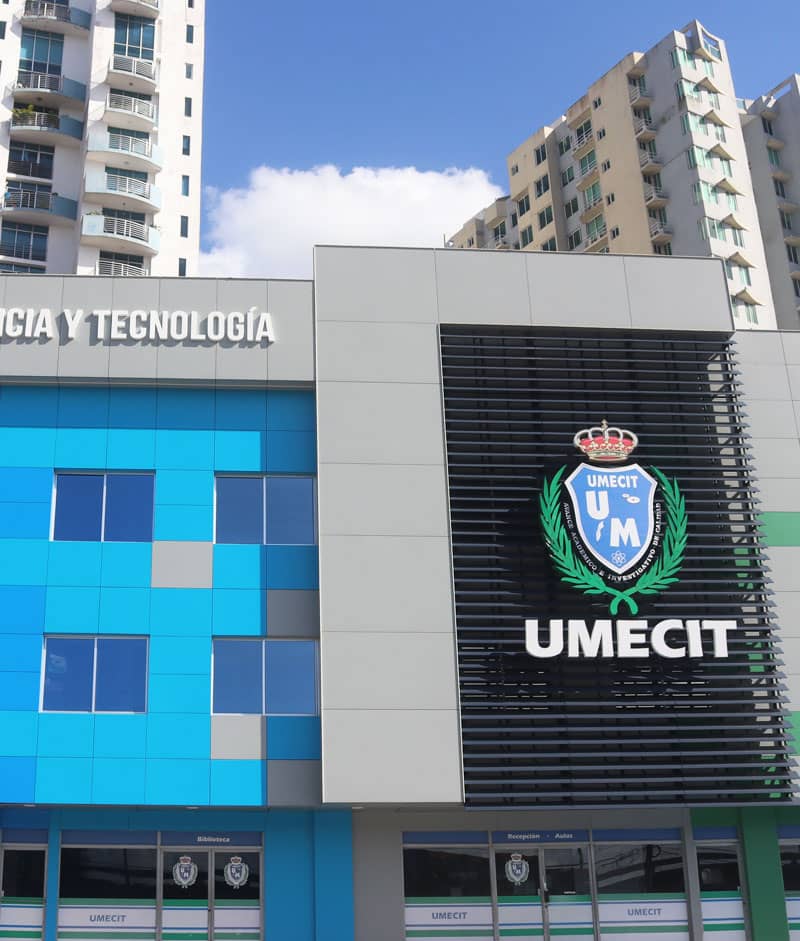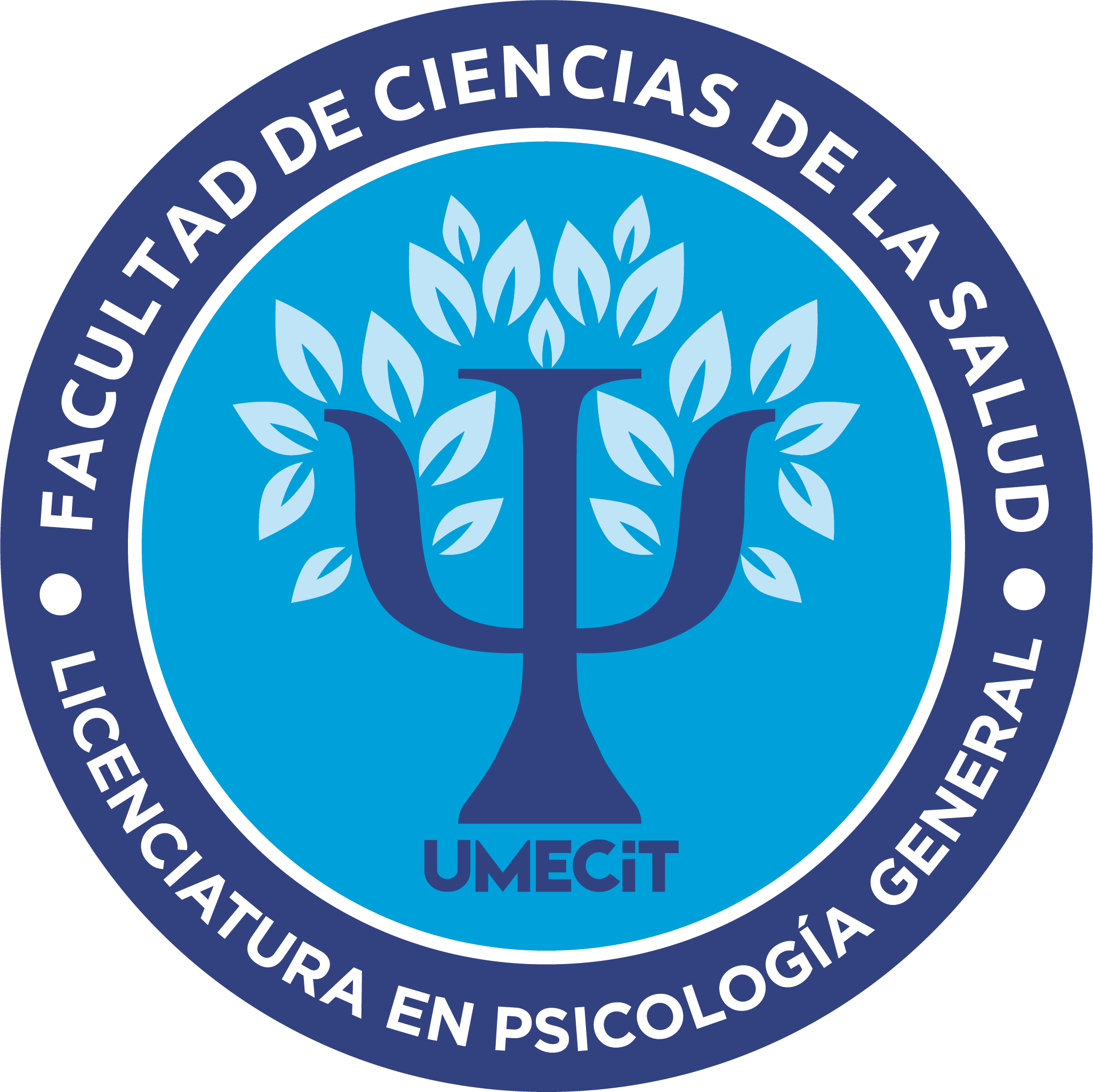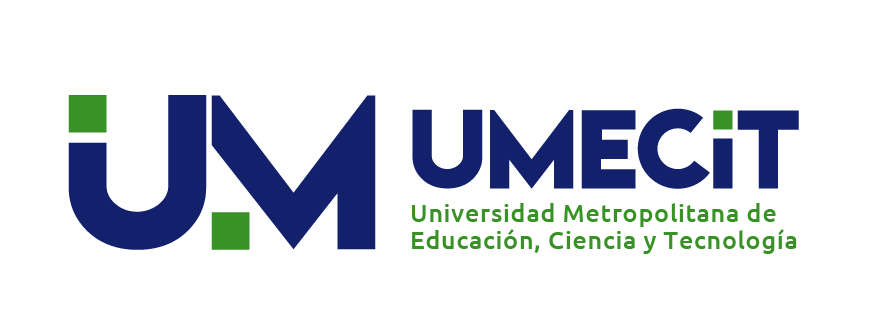"PSYCHOENTREPRENEUR"
the hotbed "PsychoEntrepreneur" is constituted as a research group in the field of organizational psychology whose main objective is to foster the entrepreneurial spirit and promote the development of psychological skills in the business field. Made up of a multidisciplinary team of students and professionals passionate about psychology and the world of business, the seedbed is dedicated to exploring the various ways in which psychology can contribute to the success and well-being of organizations.
Guided by the commitment to generate knowledge and apply it in the business context, the members of Semillero "PsychoEntrepreneur" they carry out research, develop projects and conduct outreach activities.
From understanding human behavior in the work environment to designing leadership and talent management strategies, the seedbed seeks to provide organizations with practical, evidence-based tools to maximize their performance and promote a healthy work environment.



In addition to its investigative approach, the Seedbed "PsychoEntrepreneur"encourages collaboration, the exchange of ideas and the formation of professional networks. Through the organization of events, conferences and workshops, the aim is to create a learning space in which participants can broaden their knowledge, acquire new skills and establish contacts with professionals from the business and academic fields.
In short, the Seedbed "PsychoEntrepreneur" It is positioned as a research and development platform in organizational psychology that promotes innovation, entrepreneurship and well-being in the business world. With his holistic and collaborative approach, he seeks to make a difference in the way organizations understand and harness human potential to achieve sustainable success.
"PSYCHOENTREPRENEUR"
Research: Conduct research in the field of organizational psychology, with a focus on entrepreneurship and the development of psychological skills in the business environment. This includes exploring issues related to human behavior in the workplace, leadership, motivation, teamwork, and talent management.
Project development: Develop innovative projects that promote entrepreneurship and the application of knowledge in organizational psychology in the business world. These projects may include the creation of training programs, the design of interventions to improve the work environment or the implementation of talent development strategies.
Dissemination: Carry out dissemination activities to disseminate the results of research and projects developed by the seedbed. This can include the organization of conferences, workshops, talks and the publication of scientific articles and educational materials.
Collaboration: Promote collaboration and the exchange of knowledge among the members of the seedbed, as well as establish alliances with other academic and business institutions. This makes it possible to enrich the projects and promote the transfer of knowledge between academia and the business world.
Training: Provide training opportunities and skill development in the field of organizational psychology and entrepreneurship. This may include participation in courses, workshops and training activities given by professionals and experts in the field.
Social impact: Contribute to the well-being and sustainable development of organizations, promoting a humane and evidence-based approach to talent management and leadership. Seek to generate a positive impact on society through the application of knowledge and practices of organizational psychology.
ORGANIZATIONAL PSYCHOLOGY
the hotbed "PsychoEntrepreneur" It is based on a series of fundamental concepts in the field of organizational psychology and entrepreneurship. These conceptual bases provide a theoretical and practical framework for the research and activities carried out by the nursery. Some of the relevant conceptual bases are:
Organizational psychology
Organizational psychology focuses on understanding human behavior in the work context and how it affects the performance, well-being, and development of people in organizations. Topics such as motivation, leadership, decision making, organizational culture, work environment and talent management are studied (Robbins, SP, Judge, TA, & Campbell, T. T; 2017).
Entrepreneurship
Entrepreneurship refers to the process of identifying opportunities, developing innovative ideas, and creating new projects or businesses. It involves the ability to take risks, creativity, decision making and leadership skills. The seedbed promotes the entrepreneurial approach in the organizational field, seeking to promote the generation of ideas and the implementation of innovative projects (Barrera, A., & Ramírez, J; 2013).
skill development
The hotbed is based on the premise that psychological skills are critical to success in the workplace. These skills include emotional intelligence, resilience, effective communication, teamwork, time management, and leadership. The aim is to develop and strengthen these skills in the participants of the seedbed and in the organizations with which they collaborate (Fernández, JR, & Aragón, D; 2018).
Collaboration and multidisciplinarity
The importance of collaboration between different disciplines and the integration of different perspectives to address the challenges in the field of organizational psychology and entrepreneurship is valued. The aim is to create a multidisciplinary work environment where the members of the seedbed can contribute their knowledge and experiences from different areas of study (Kanter, R. M; 1997).
These conceptual bases provide a solid theoretical and practical foundation for the development of research and projects in the Seedbed. "PsychoEntrepreneur" , allowing a comprehensive approach to the challenges and opportunities present in the field of organizational psychology and entrepreneurship.


BIBLIOGRAPHY
- Barrera, A., & Ramírez, J. (2013). Entrepreneurship psychology: business creation and talent management. Panamerican Medical Editorial.
- Chacon, F. (2017). Leadership in business management: Contributions of organizational psychology. Spanish Academic Editorial.
- Chiavenato, I. (2011). Organizational behavior: The dynamics of success in organizations. McGraw-Hill Interamericana.
- Fernández, JR, & Valle, R. (2012). Organizational Psychology: Work and Human Behavior in Organizations. McGraw-Hill Interamericana.
- Fernández, JR, & Aragón, D. (2018). Positive psychology at work: Applications and strategies for the promotion of well-being at work. Pyramid.
- Hernández Sampieri, R., Fernández Collado, C., & Baptista Lucio, P. (2014). Investigation methodology. McGraw-Hill Education.
- Kanter, RM (1997). Leading change: why attempts at transformation fail. Granica.
- Peiró, JM, & Meliá, JL (2014). Psychology of work and organizations: Manual of psychology of work, organizations and human resources. Synthesis.
- Vargas, G., & Martinez, M. (2016). Entrepreneurship: from idea to realization. Panamerican Medical Editorial.
- Vroom, VH (2007). Motivation and leadership. Fund of Economic Culture.
WHICH ARE UNDER CONSTRUCTION/ONGOING SINCE THE SEEDBED
Evaluation of the work environment
This project intends to carry out research and design evaluation tools to measure the work environment in organizations. This involves analyzing employee satisfaction, internal communication, leadership, organizational culture, and other factors that influence the work environment. The objective is to identify areas for improvement and provide recommendations to promote a healthy and motivating work environment.
Development of wellness programs at work
This project aims to design and implement wellness programs at work that promote the physical, mental and emotional health of employees. This can include activities such as mindfulness sessions, physical activity programs, stress management workshops, and promoting a healthy work-life balance. The goal is to improve the general well-being of employees and their job satisfaction.
Study of effective leadership
This project aims to conduct research on the most effective leadership styles in the organizational field and how they impact team performance and employee satisfaction. This may include the study of transformational leadership approaches, situational leadership, participative leadership, among others. The objective is to provide recommendations for the development of effective leaders and foster a positive work climate.
Analysis of motivation and work commitment
This project aims to carry out research on the factors that influence the motivation and commitment of employees in the work environment. This may include exploring the importance of autonomy, recognition, assigning meaningful tasks, and developing clear goals. The goal is to identify strategies to foster employee motivation and engagement, which can result in better performance and talent retention.
Design of organizational change management strategies
This project aims to carry out research and develop strategies to effectively manage change processes within organizations. This may include analysis of resistance to change, effective communication, employee engagement, and development of action plans. The goal is to help organizations implement successful change and minimize the negative effects of change on employees.

RESPONSIBLE FOR THE SEEDBED

teacher in charge
Contact: lahemacc@gmail.com

Nursery Leader Student
Contact: 22marinalu@gmail.com

